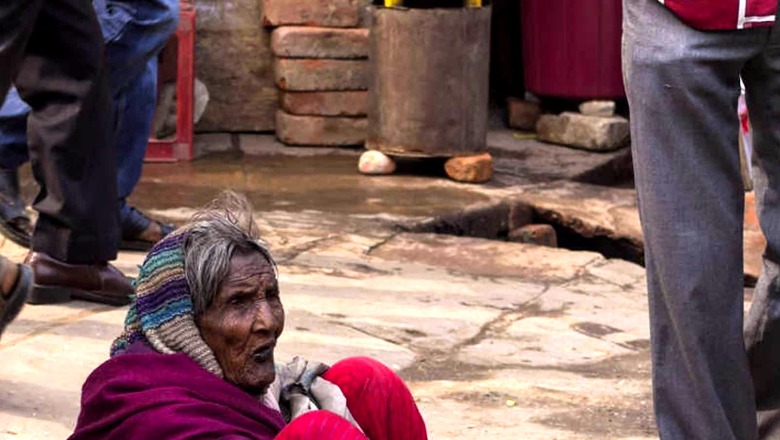
views
The latest study by Institute for Human Development (IHD) between February and April this year, by the Delhi government has revealed that more than half of those surveyed (52 per cent) are “new entrants” who have taken up begging during the past five years and around 40 per cent as old-timers. Only 8 per cent have been begging since birth.
According to an exclusive report by Times of India, while most of those surveyed in the capital were forced to take up begging largely due to poverty, unemployment, illiteracy and factors like old age, disability and illness, focused group discussions across districts found that several who have lost their jobs or livelihood due to the Covid-19 pandemic were also forced into begging.
The study revealed that not all those surveyed were full-time into begging and that the other odd jobs they did clearly do not pay them enough to make both ends meet. One-fifth of those found begging in the streets were engaged in some part-time work such as working as a casual labourer — in construction projects and factories — ragpicker, domestic help, street vendor and rickshaw-puller. Some of them had petty businesses or were working in lowly-paid and temporary jobs. One-fourth of them reported that their family members were also involved in begging at some other locations in Delhi.
A majority (65%) of the 20,719-plus beggars surveyed earned less than Rs 200 per day, 23% earned Rs 200-500 a day, and 12% per cent received alms in kind. Half (55%) of them were homeless or shelter-less while the rest (45%) resided either in slums or in jhuggi jhopdi (JJ) colonies.
Those forced to take up begging due to loss of work during the pandemic include certain categories such as women involved in domestic work, temporary workers in hotels, poverty unemployment.
Read all the Latest News, Breaking News and Coronavirus News here.




















Comments
0 comment